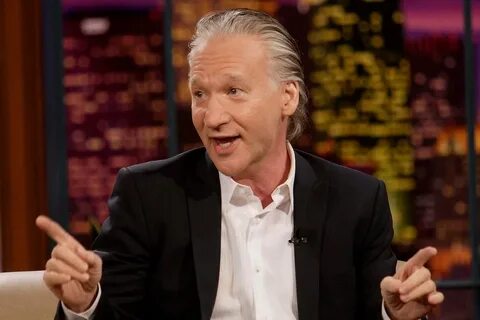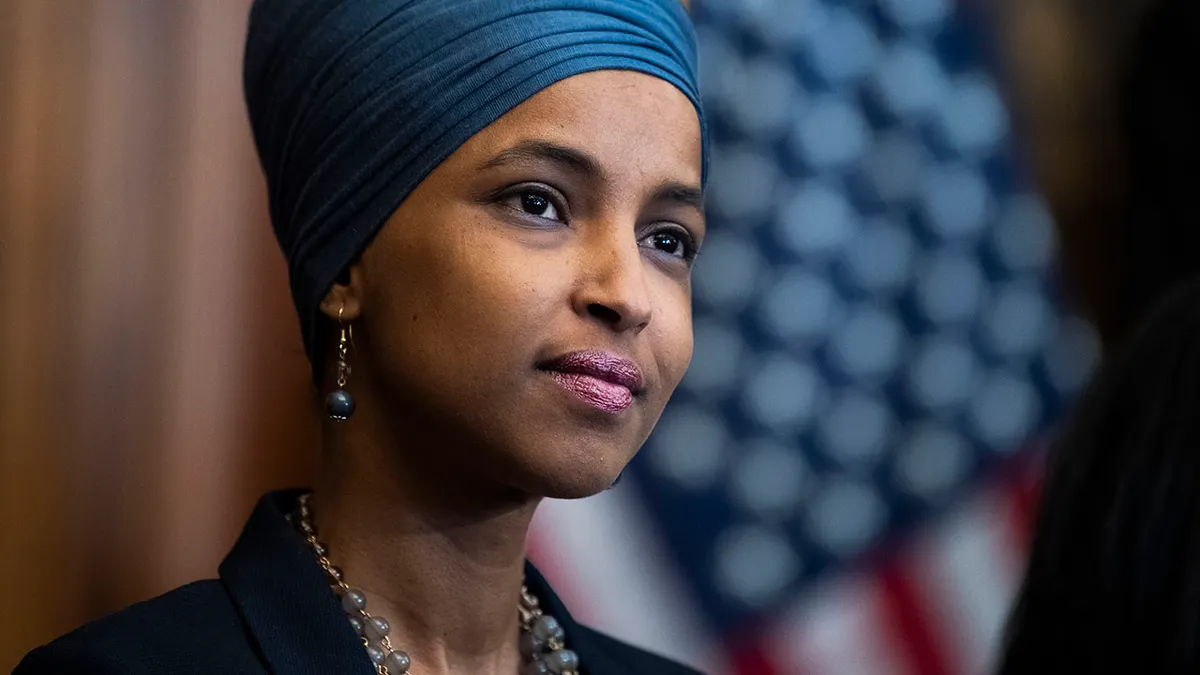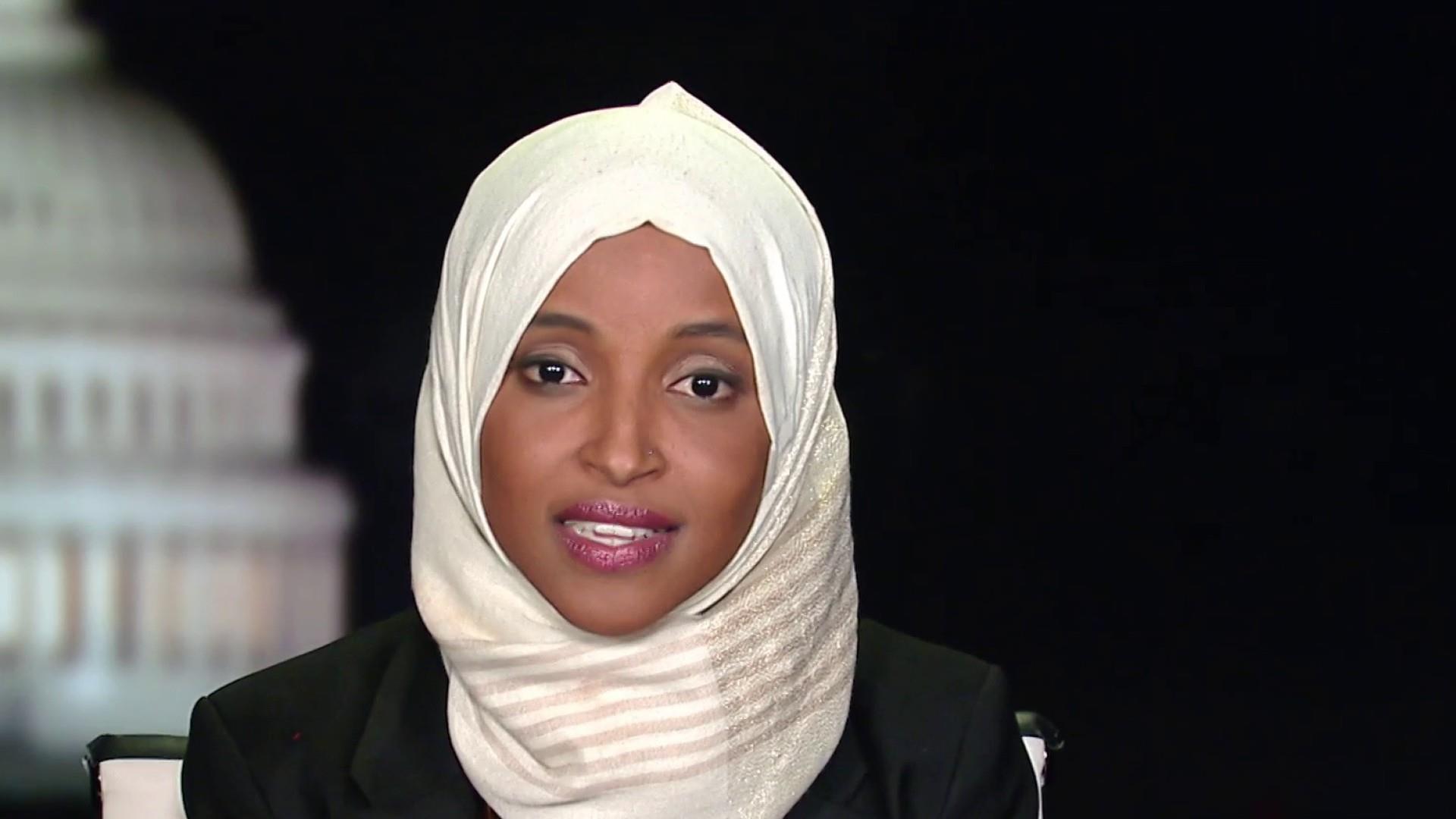Welcome to yougotdoge.com!
In a recent episode of his “Club Random” podcast, comedian Bill Maher made headlines by admitting he was wrong about the economic impact of President Donald Trump’s tariffs. During his conversation with progressive YouTube host Brian Tyler Cohen, Maher reflected on his initial predictions, which suggested that the economy would falter significantly due to these trade policies.
Maher candidly stated, “I, like many others, thought that by mid-summer, the economy would be in shambles.” However, he acknowledged that this forecast did not materialize. He emphasized the importance of confronting reality instead of being driven by personal biases against Trump, saying, “Let’s focus on the facts; I don’t see a country in depression. People are out there living their lives.”
He further admitted, “I expected these tariffs to devastate the economy, and they didn’t. We need to grapple with that reality.” Cohen chimed in, expressing his own hesitance to make bold predictions, noting that if he were good at it, Hillary Clinton would have won the presidency in 2016.
Earlier this year, Maher criticized Trump for his aggressive stance on China, suggesting that he was almost rooting for an economic downturn to prompt a change in strategy. He questioned the validity of bringing back manufacturing jobs, noting, “That ship has sailed. Countries can produce goods far cheaper than we can.” He highlighted the irony that advancements in technology, like automation, would likely replace these jobs anyway.
In a recent development, Trump and European Commission President Ursula von der Leyen announced a trade agreement that would impose a 15-percent tariff on most EU goods entering the U.S., showcasing ongoing efforts to reshape international trade relations.
Maher’s candidness is a refreshing shift in the political landscape, where admitting mistakes is often rare. His willingness to reassess his stance could serve as a catalyst for dialogue within the Democratic Party, encouraging a more open-minded approach to complex issues like tariffs and trade.





